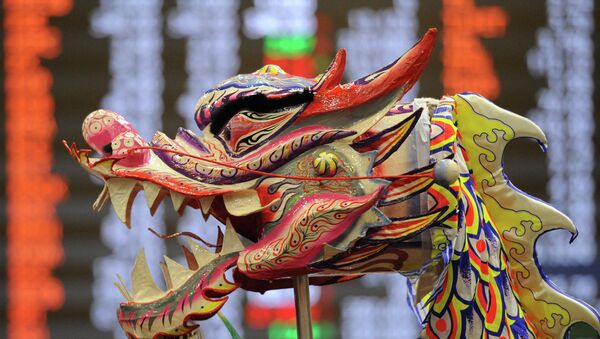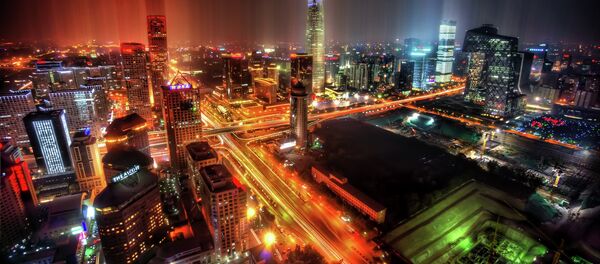These estimates come from comparing China to other countries, including the US, and don't take into account the fact that Beijing has abundant financial resources and ample motivation to use them, economist Milton Ezrati argues.
"Beijing certainly faces significant economic and financial problems. But for all the concern, Chinese development looks far more durable than recent media attention suggests," the market strategist noted, adding that China's "growth will almost surely continue at a robust pace."
Nevertheless, China is not the United States, thus these troubles affect it differently, Milton Ezrati observed in an article titled "Exposed: China's Economy Won't Collapse."
China's stock free fall, according to the economist, pales in comparison with the Great Depression of 1929 mostly because stocks do not play a large role in Asia's leading economy compared to other countries, particularly the US.
"Consider that on a trend basis, the value of all stocks outstanding in China amounts to only 50-60 percent of the country's gross domestic product (GDP). In the United States, that ratio trends closer to 130 percent. The wealth gained or lost in stock market moves simply weighs heavier here than there," Ezrati explained.
After last China stock bubble popped in October 2007, it took 12 months to fall back to its pre-bubble starting point.
— Patrick Chovanec (@prchovanec) 27 июля 2015
"Not only does financial dealing matter less there, but the overhang of questionable real estate debt, though large, is concentrated almost entirely in local and provincial governments. … If the debt burdens of local governments will hurt the economy, they are nonetheless easier for the authorities in Beijing to contain than was the sub-prime situation Washington faced in 2008-09."
China's annual GDP Growth Rate. (More likely 3 — 5%) pic.twitter.com/XFwZBhhMd8
— MaoToast (@MaoToast) 26 июля 2015
China's slowing economic growth has been a major concern globally. According to the economist, the double-digit growth was unsustainable and the government was fully aware of this.
"The rapid growth of earlier years reflected what Beijing has long known was an unsustainable reliance on exports and the investment spending needed to support that effort," he explained, adding that Beijing is trying to build a solid foundation for the economic development through increasing levels of consumer spending among other things.
"Such an economic reorientation would not only produce a more stable basis for future gains, but it would also buy domestic peace by extending prosperity to a larger portion of the population," Ezrati asserted.
"The economy remains vulnerable to significant harm, especially if a policy error compounds the problems or waits too long to counteract them. Then, the resulting social discord would do more economic damage than any of the immediate problems presently occupying media attention," the economist observed.
According to Ezrati, this scenario is unlikely.





